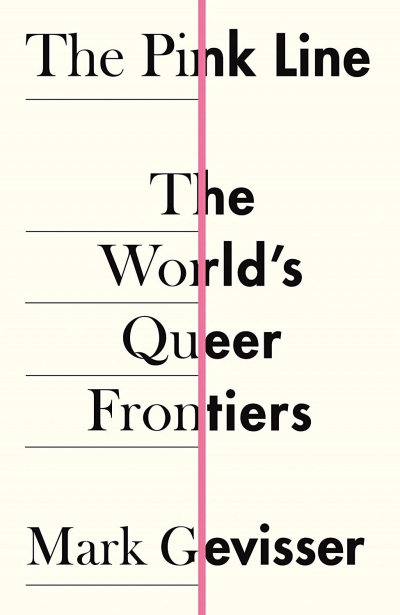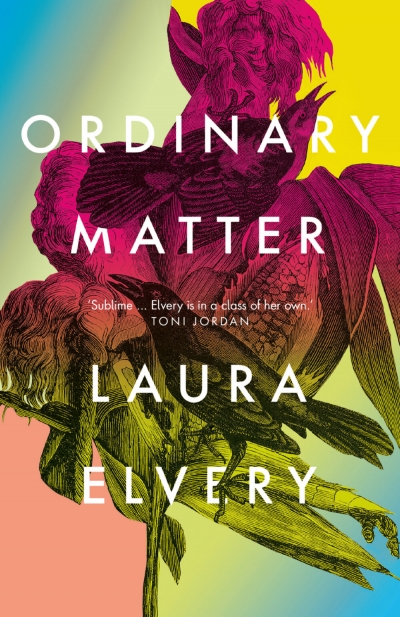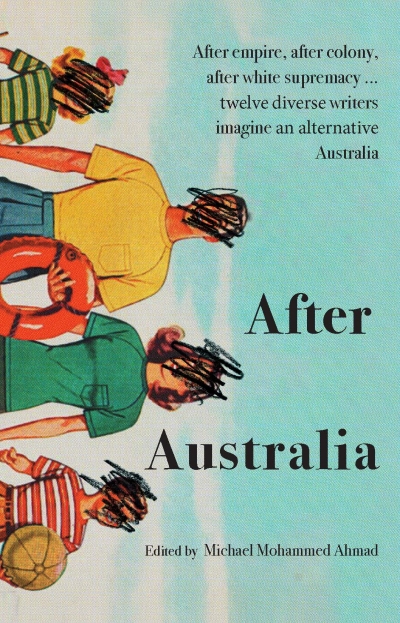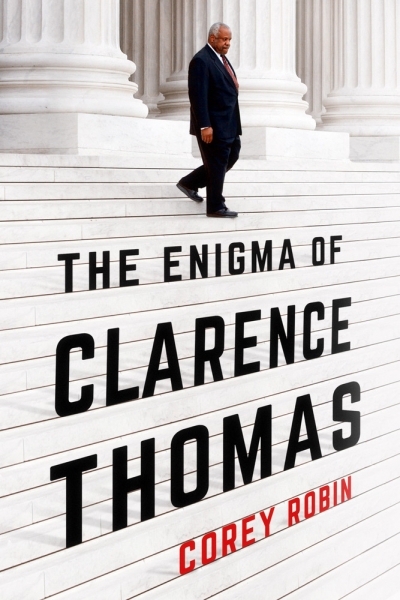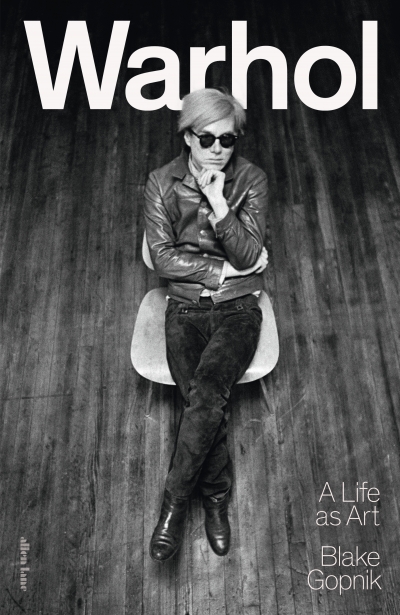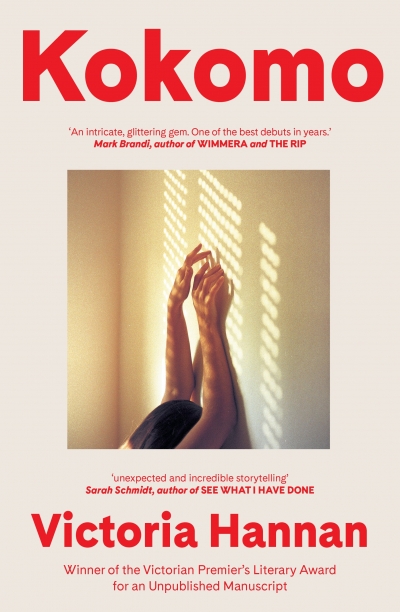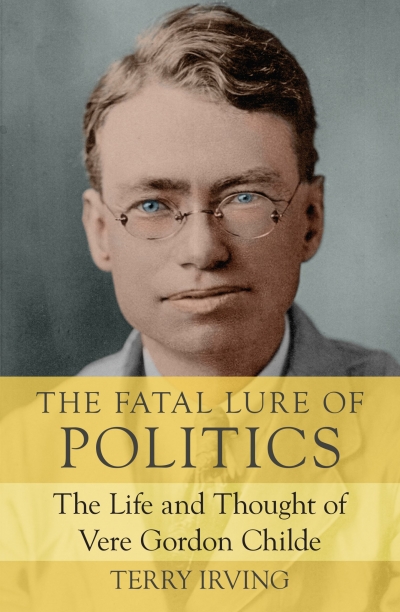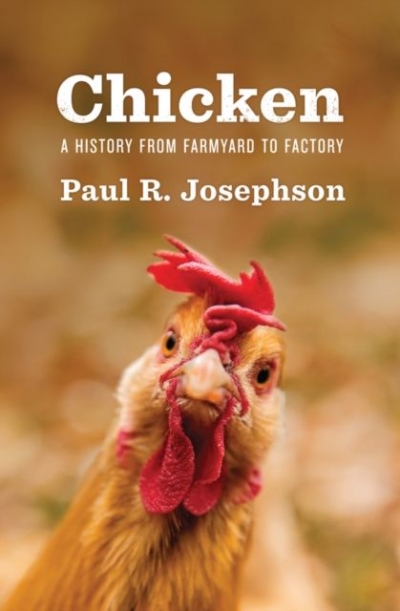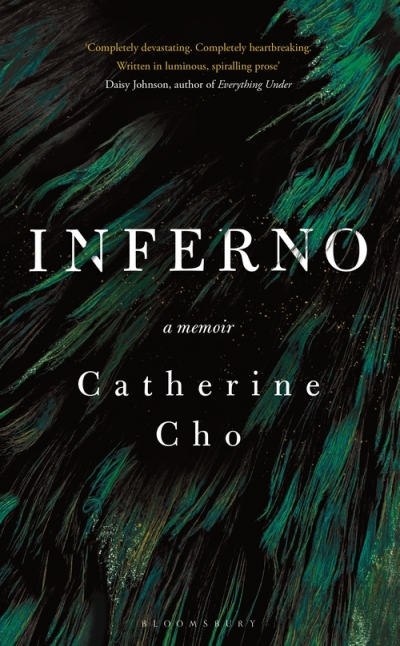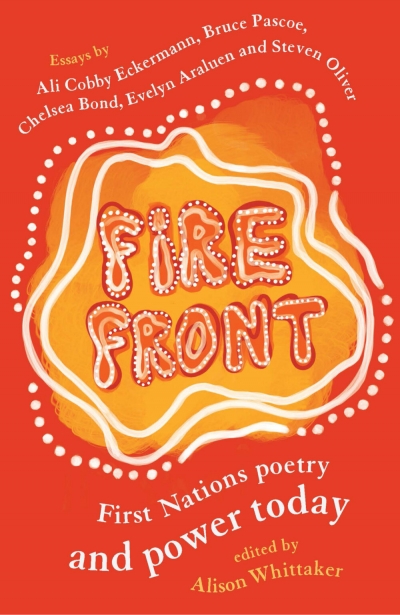Book of the Week
Sign up to Book of the Week and receive a new review to your inbox every Monday. Always free to read.
Recent:
The Pink Line: The world’s queer frontiers by Mark Gevisser
In 2011, then Secretary of State Hillary Clinton proclaimed that ‘gay rights are human rights’. This statement, which would seem uncontroversial to most readers of ABR, was widely attacked as a symbol of Western neo-colonialism. Combined with the 2015 US Supreme Court recognition of same-sex marriage, gay rights were seen by many religious and political leaders as a threat to tradition, culture, and religion, even when, as in many parts of Africa and the Pacific, laws proscribing homosexual behaviour are the legacy of nineteenth-century colonialism.
... (read more)Laura Elvery’s second short story collection, Ordinary Matters, shows the same talent for precise observation, pathos, and humour as her accomplished début collection, Trick of the Light (2018). It differs in its creation of a greater range of narrators and voices, and in its use of a specific ideological framework through which to unify the collection: each of its twenty stories is prefaced by the name of a Nobel Prize-winning female scientist and the ‘prize motivation’ for her award. This device might be read as subverting the sexist stereotype that, denying women the capacity for rational thought, consigns them to the ‘softer’ realms of emotion and artistic endeavour. It also encourages an interesting way of thinking about female desire as it pertains to a range of experiences, including creativity, ambition, motherhood, sexuality, and political activism.
... (read more)Acknowledging the limits of Acknowledgments of Country, the Wiradjuri artist Jazz Money once wrote:
... (read more)whitefellas try to acknowledge things
but they do it wrong
they say
before we begin I’d like to pay my respects
not understanding
that there isn’t a time before it begins
it has all already begun
On a frosty January morning in 2019, I found myself listening to oral argument at the Supreme Court of the United States. The cases I witnessed were not destined for headlines – no abortion, free speech, or death penalty cases that day – but I was still fortunate to get a seat. Queues snaked around the building, with tightly controlled ticketed entry and heavily armed security. As a scholar of constitutional courts, I was delighted by the public interest (less so by the guns), even if a Trump shut-down of nearby tourist attractions may have augmented the numbers. But none of us attending that day expected to witness something extraordinary: Clarence Thomas speaking.
... (read more)Blake Gopnik’s Warhol is a monumental undertaking. At nearly a thousand pages, there is an intensity of labour present so dense that the tome feels light by comparison. The fifty chapters are arranged in chronological order after a prelude detailing Warhol’s first untimely death. This order, from birth to his second untimely death, charts a linear path through the chaotic, challenging, and extraordinary life of one of the art world’s most precocious and baffling personalities.
... (read more)Kokomo has a startling beginning. ‘Mina knew in that moment what love is’, goes the first sentence. She is looking at Jack’s penis, which is compared to a soldier, a ballerina, a lighthouse, and a cooee. It is also the nicest penis she has ever seen.
... (read more)The Fatal Lure of Politics: The life and thought of Vere Gordon Childe by Terry Irving
A young Australian radical, who finds academic success later in life, struggles with an inexorable question: what is the relationship between these two worlds: the activist and the scholar? This question animated the life of Vere Gordon Childe, the Australian Marxist and intellectual whose The Dawn of Euro pean Civilization (1925) helped establish modern archaeology, as it has his most recent biographer, activist and labour historian Terry Irving, whose Class Structure in Australian History (1981, with Raewyn Connell) remains a key text.
... (read more)Chicken: A history from farmyard to factory by Paul R. Josephson
Borrowing a term coined by the late Jewish Nobel Laureate and vegetarian Isaac Bashevis Singer, Charles Patterson (in)famously likened humanity’s treatment of animals to an ‘eternal Treblinka’. In his 2001 book of the same name, Patterson set the mass murder of Europe’s Jews and industrialised animal slaughter side by side, drawing a line between the production methods of Chicago’s early twentieth-century slaughterhouses, the assembly-line technology pioneered by Henry Ford – an avowed anti-Semite and Hitler supporter – and the death camps of Nazi Germany. Another Jewish writer, the German philosopher Theodor Adorno, is said to have observed that ‘Auschwitz begins whenever someone looks at a slaughterhouse and thinks: they’re only animals’.
... (read more)Catherine Cho’s Inferno is the first ‘motherhood memoir’ I have read since reading Maria Tumarkin’s essay ‘Against Motherhood Memoirs’ in Dangerous Ideas About Mothers (2018). The topic of motherhood has been ‘overly melded’ to memoiristic writing, Tumarkin argues; it feels ‘too much like a foregone conclusion’.
... (read more)Fire Front: First Nations poetry and power today edited by Alison Whittaker
‘The constant loss of breath is the legacy.’ So wrote poet Ali Cobby Eckermann in 2015 for the anthology The Intervention. The eponymous Intervention of 2007 in the Northern Territory was, in the long history of this continent, the first time that the federal government had deployed the army against its own citizenry. As I write this review, in the United States police are using tear gas, traditionally reserved for warfare, against those protesting the worth of black life, while the president flirts with the idea of calling in the military. Some of us gasp in shock. Some, in suffocation.
... (read more)


